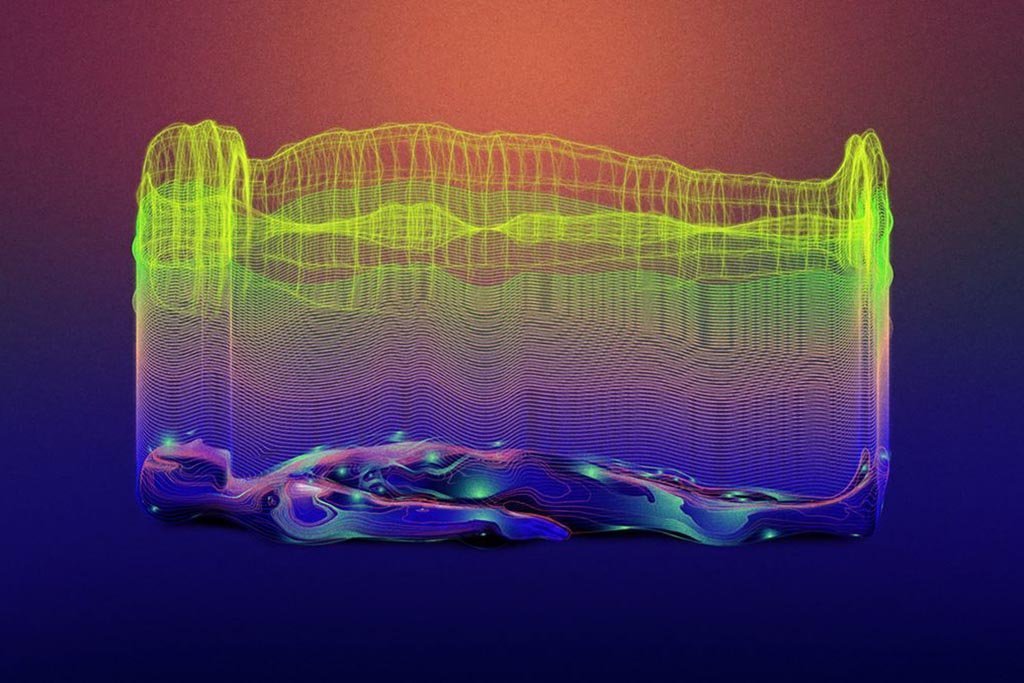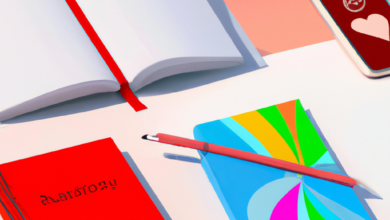It’s Easier to Donate Your Body to Science Than Your Medical Records

Leaving your corpse to researchers after you die is a rather straightforward job, however donating your scientific recordsdata to science is level-headed practically very no longer going. There are body donation programs scattered during the usa, including at indispensable scientific colleges, and yearly, hundreds of people derive part.
It’d be incredibly advanced, though, for these self same people to donate the reams of scientific data that became level-headed for the duration of their life to a learn staff — even supposing some say they’d be drawn to doing so. So when a community of ethicists and attorneys met at the Oxford Cyber web Institute last yr to fetch an moral code for the donation of scientific recordsdata after death, they had been constructing a framework for a job that, at this point, doesn’t exist.
Till no longer too long within the past, most discussion of data after death has targeted on social media platforms and varied sorts of non-public data, says Jon Cornwall, senior lecturer within the Centre for Early Studying in Medication at the College of Otago in Contemporary Zealand. “Virtually no one has notion to be what’s going to occur to all of the scientific recordsdata that sit round after people die.”
“We didn’t receive any methods where you can moreover actively give your data,” says Jen Krutzinna, a bioethicist, one amongst the code’s authors, and a member of the Digital Ethics Lab at the Oxford Cyber web Institute. “There’s no technique to pass it on in a actual technique.”
That’s without reference to the value of the working out contained within nicely being recordsdata, which can moreover relief solution a vary of public nicely being questions that require data on people’s nicely being over a long duration of time — like how working in a disclose replace impacts the getting old job or how exposure to air pollution impacts how we create. The moral code round data donation, Krutzinna says, is step one against creating a regulatory system that can permit researchers to derive honest correct thing about the nicely being data that people leave within the aid of.
Tens of millions of posthumous scientific recordsdata are sitting round in digital methods, and that already massive volume is handiest going to grow. An evaluation of the Marshfield Hospital nicely being system in Wisconsin, as an illustration, showed that its data repository would perchance believe extra scientific recordsdata from deceased patients than of residing patients by 2056.
The moral code developed by the Oxford community became published in January, and it drew from outdated work on varied sorts of scientific donations, like our bodies, organs, and eggs. It states that any assortment of posthumous nicely being data desires to be passe for the weird and wonderful most fascinating and must level-headed no longer be exploited commercially, that learn done with the info desires to be shared with the final public, and that it desires to be in moderation kept. Folks donating their data desires to be given as much data as that it’s likely you’ll well accept as true with about how their data will seemingly be passe, and they also must believe the chance to place restrictions on the use of their data.
“Even while you’re unimaginative and it doesn’t matter, you attain apprehension must you signal that believe,” Krutzinna says. “There is some anecdotal evidence that there are some sorts of scientific data people don’t are looking out to speak, like sexual and mental nicely being.”
Concerns about legacies apart, varied learn has shown that many people are okay with their data having a life after their death. Cornwall, who performed focus teams with adults in Contemporary Zealand, says he stumbled on that people supported the basis of holding and the use of posthumous nicely being recordsdata. “They settle on anonymity and privateness however settle on their descendants to believe advantages as nicely,” he says. Contributors within the shrimp explore wanted the info to be handled by the authorities (no longer non-public corporations), had been desirous about hacking, and didn’t settle on the info to be supplied. The community became divided on the level of consent: some people desired to opt in to donate data, while others had been overjoyed with an opt-out system.
Whereas there’s level-headed no sizable technique todonateyour data after death, present authorized guidelines and guidelines permit for researchers touseelectronic nicely being recordsdata of these that believe died: within the United Kingdom, as an illustration, scientists can search data from permission to win admission to and use anonymized nicely being recordsdata from the Nationwide Effectively being Carrier (NHS). NHS protection permits people to search data from to opt out of that learn, however it surely’s handiest institutional protection, no longer regulations, notes Edina Harbinja, senior lecturer in media and privateness regulations at Aston College in Birmingham, England.
Within the usa, HIPAA authorized guidelines stipulate that non-public nicely being data stays non-public for 50 years after death, except household contributors or a licensed representative releases it. However, that regulations also permits scientists to search data from and win admission to data from institutions that protect it for learn capabilities (comparable to hospitals and insurance corporations), so long as figuring out data is eradicated. “It’s extra permissible than the United Kingdom,” Harbinja says. “However evidence suggests it’s passe less continuously.” There are functional barriers within the US: the nationwide nicely being system within the United Kingdom formula recordsdata are centralized, however within the US, data is housed at extra than one institutions. “It’s barely a liberal provision, however practically, it’s advanced,” she says.
Globally, these present frameworks round posthumous data are most frequently inconsistent, and they also depend upon institutional protection in arena of established regulations. Moreover they don’t take into yarn the basis of donation. “I’d like to explore extra specifics round data donation and the deceased,” Harbinja says. “There is room there for introducing a consent, or authorization from household contributors, as is the case for organ donation.”
There’s been some hobby from policymakers round scientific data donation within the European Union, says Krutzinna. She and her colleagues are attending a workshop at the European Rate eHealth Community meeting in June to discuss the downside, she says. It’ll be main to work through all that it’s likely you’ll well accept as true with harms that would moreover advance from this data within the long bustle, she says. “What if technology vastly improves? What if genetic evaluation becomes much extra actual? Now we must designate in safeguards,” she says. It’ll be significantly main to believe particular guidelines on any genetic and genomic data incorporated in scientific recordsdata because they don’t most fascinating protect data about the deceased; they also own data about household contributors who would perchance moreover no longer believe consented to present away their data.
It’ll even be main to designate a various dataset, Krutzinna says. “How attain we be sure that all teams are sufficiently represented, no longer most fascinating white Westerners? We don’t are looking out to believe data that can’t be passe for everyone,” she says. “I want to explore extra various researchers fervent at this stage, and be certain they’re represented in conversations round ethics.”
The moral code established at Oxford is step one against a that it’s likely you’ll well accept as true with future where data donation is that it’s likely you’ll well accept as true with. “All people knows the key moral challenges. All people knows a variety of the key factual factors,” Krutzinna says. “Next is to take into yarn what we can attain in practice and how we can govern this.”
It’s main to blueprint up particular methods so as that persons are responsive to their alternatives, and they also will fetch informed, lively decisions about what they are looking out to occur with their scientific data after their death, Harbinja says — whether that’s destroying it or providing every data stamp a scientist. “We wants with a belief to derive how we remove our digital self.”




